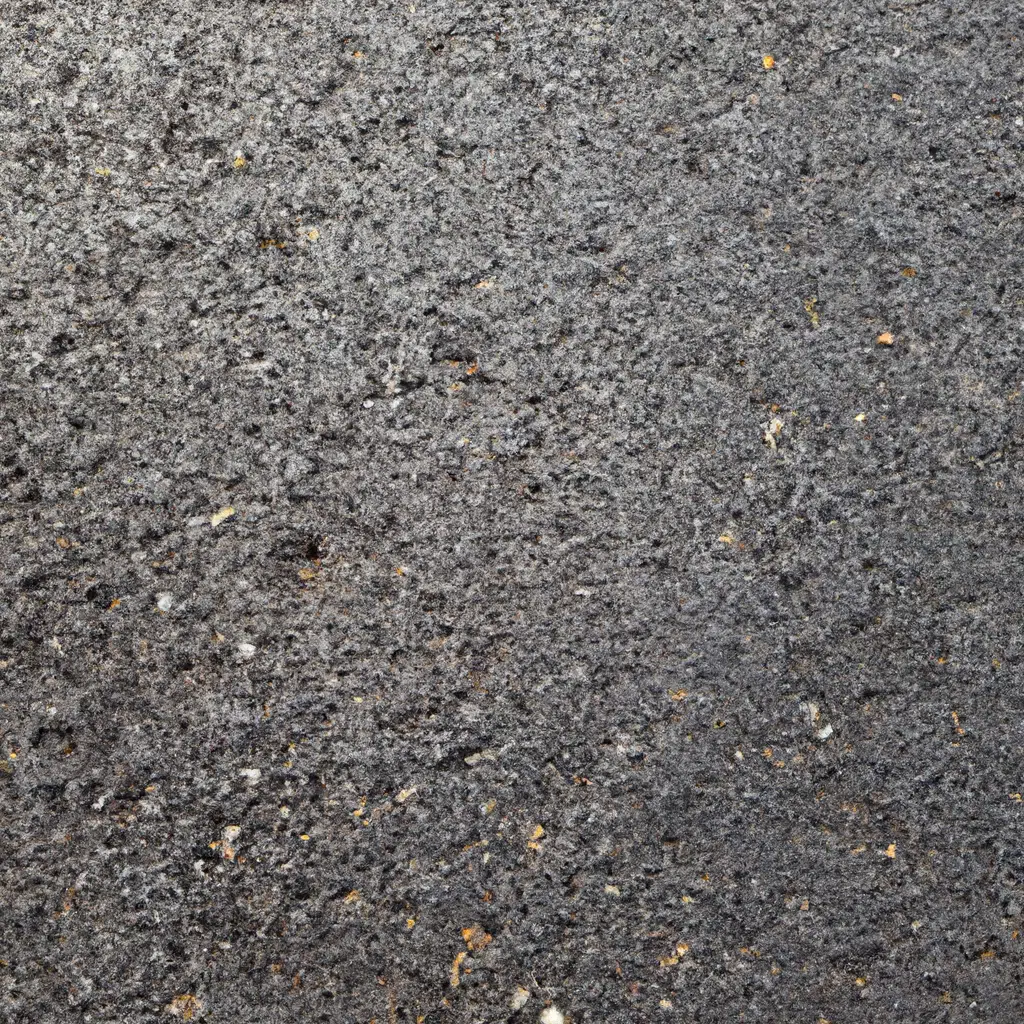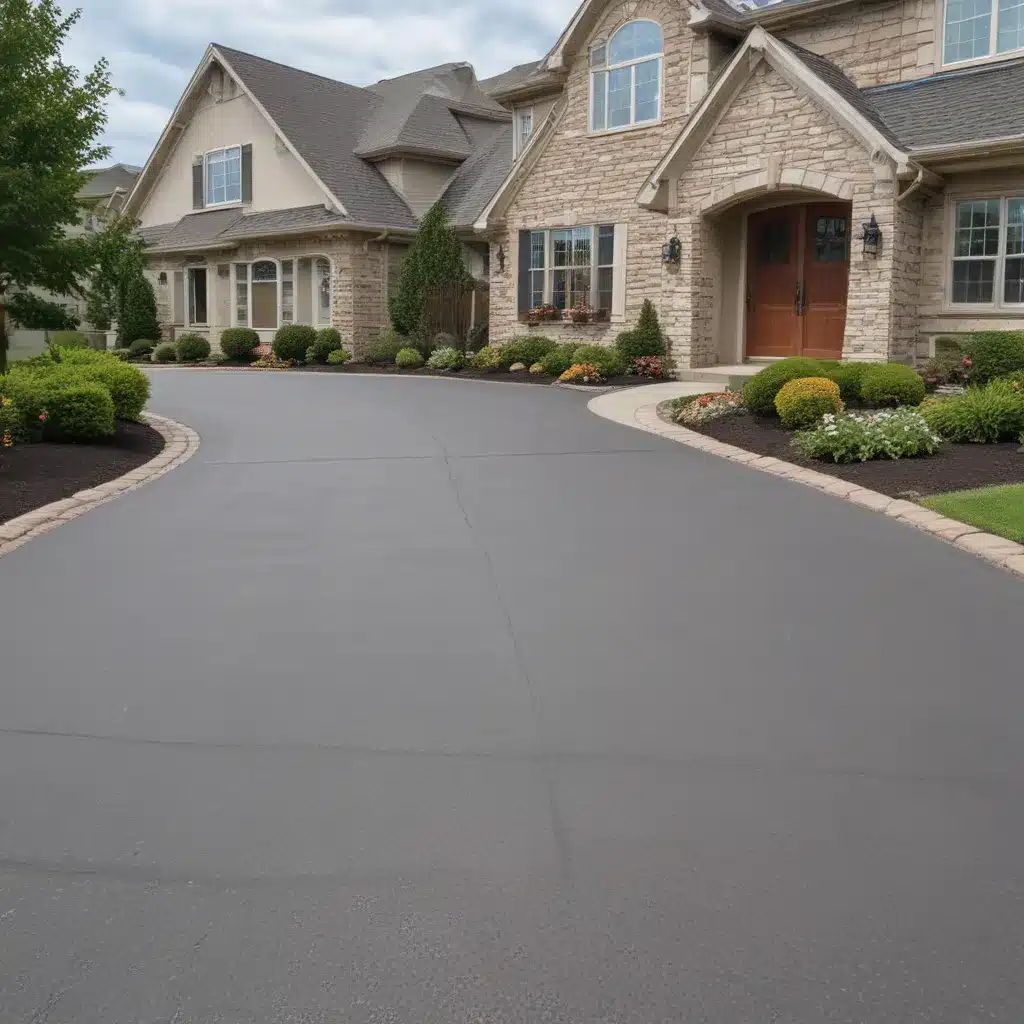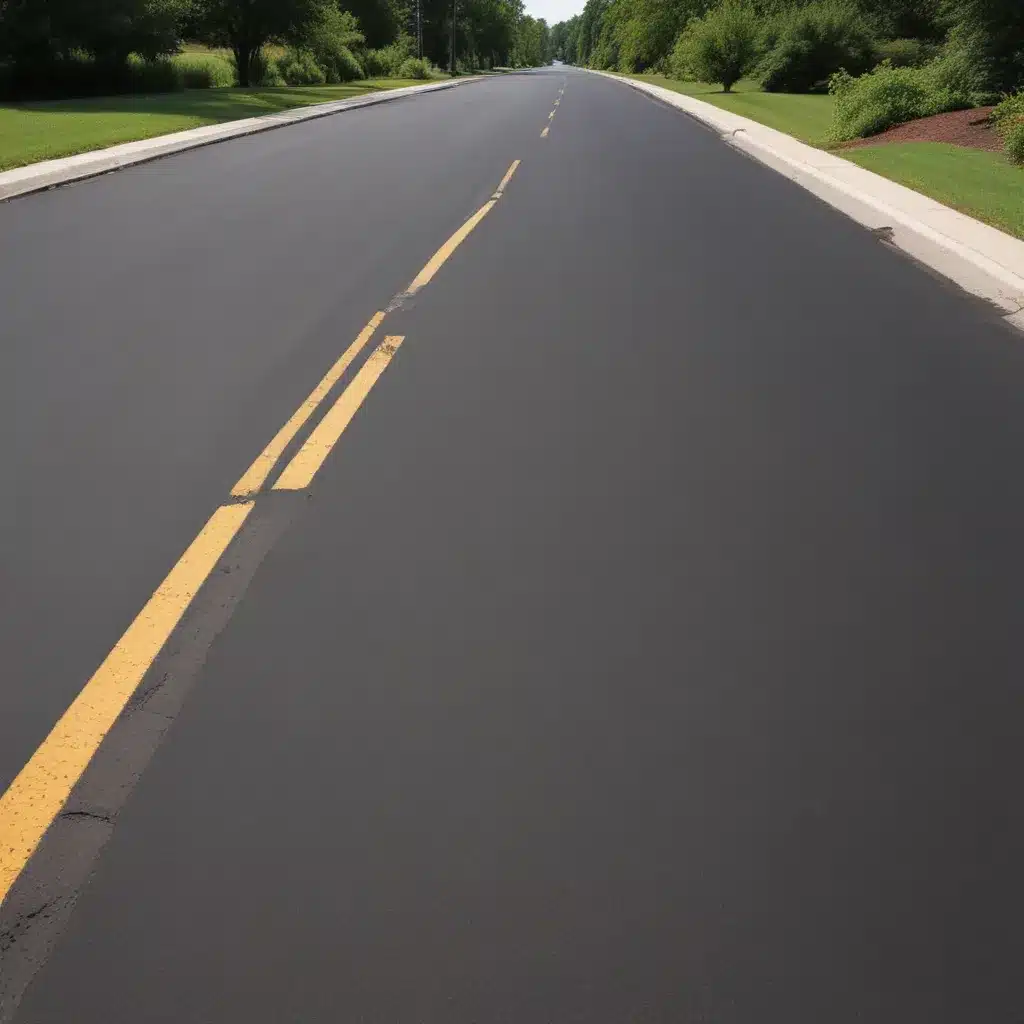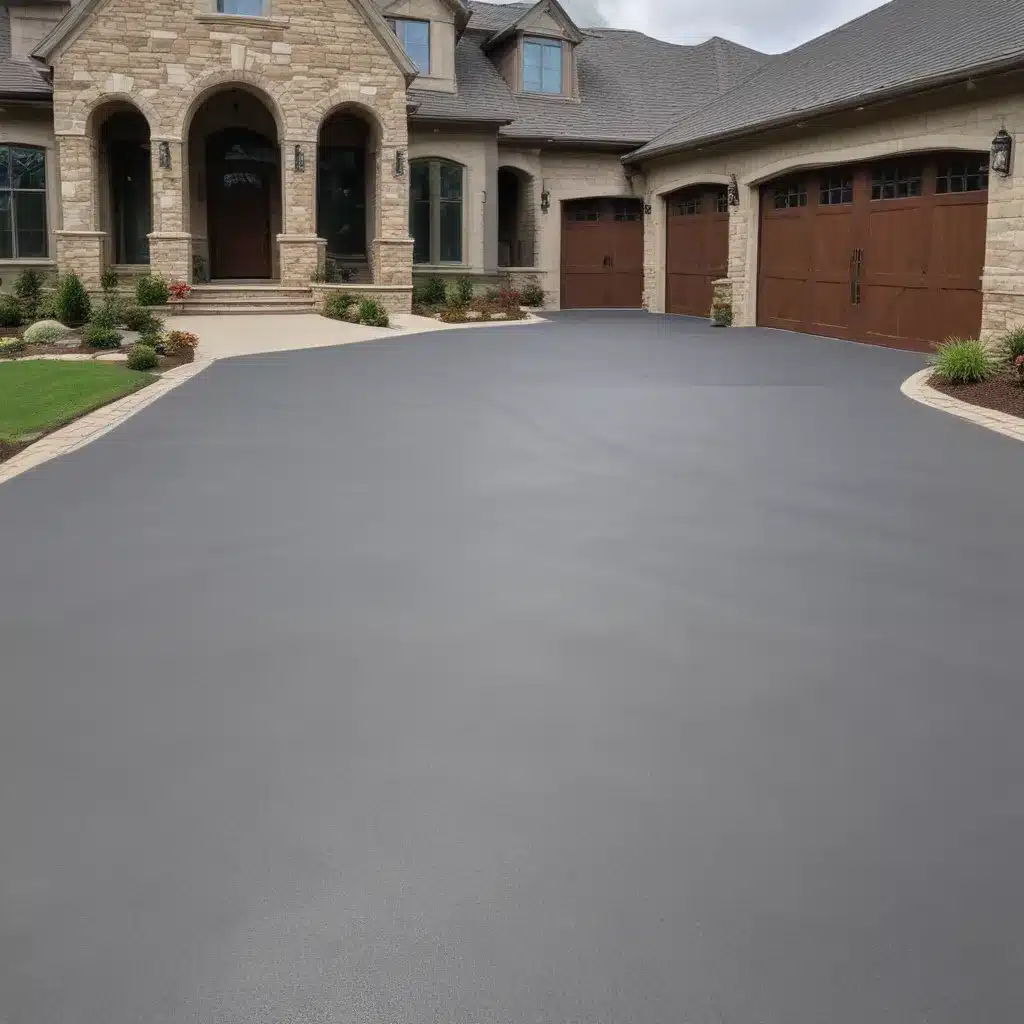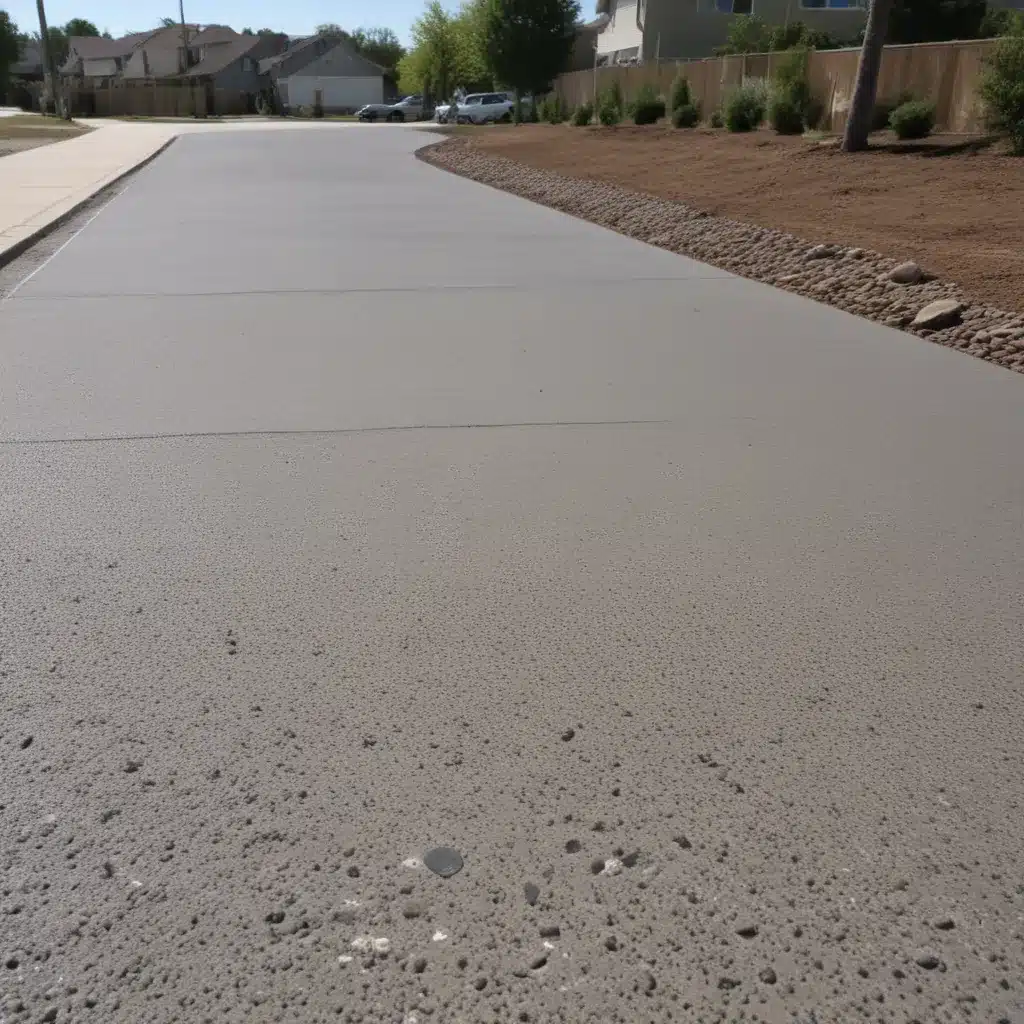Asphalt driveways are a popular choice for homeowners due to their durability and sleek appearance. However, over time, these driveways may develop cracks that not only affect their aesthetics but also compromise their structural integrity. In this comprehensive guide, we will unveil the secret recipe for a crack-free asphalt driveway. By following these steps, you can ensure that your driveway remains in top-notch condition for years to come.
Understanding the Causes of Asphalt Driveway Cracks
Before we delve into the solution, it is crucial to understand the common causes of asphalt driveway cracks. By identifying these factors, you can take proactive measures to prevent cracks from forming in the first place.
1. Climate and Weather Conditions
Extreme weather conditions, such as freezing temperatures, excessive heat, and heavy rainfall, can wreak havoc on asphalt driveways. These fluctuations in weather cause the pavement to expand and contract, leading to cracks over time.
2. Poor Installation
Improper installation techniques, such as insufficient compaction, inadequate drainage, or using low-quality materials, can significantly impact the longevity of your asphalt driveway. It is vital to hire a reputable and experienced contractor who follows industry best practices.
3. Heavy Loads and Traffic
Frequent heavy loads, such as trucks or large vehicles, can exert excessive pressure on the asphalt surface, leading to cracks. Additionally, high traffic volumes can accelerate wear and tear, making the driveway more susceptible to damage.
4. Lack of Maintenance
Regular maintenance is essential to ensure the durability of your asphalt driveway. Neglecting routine tasks like sealing, crack filling, and cleaning can accelerate the formation of cracks and further damage the pavement.
Recipe for a Crack-Free Asphalt Driveway
Now that we understand the causes, let’s dive into the secret recipe that will help you maintain a crack-free asphalt driveway.
Step 1: Proper Planning and Design
The foundation of a long-lasting asphalt driveway starts with careful planning and design. Consider the following factors during the initial stages:
a) Drainage
Ensure adequate drainage to prevent water from pooling on the driveway. Standing water can weaken the asphalt and contribute to crack formation. Incorporate proper slope and install effective drainage systems to divert water away from the pavement.
b) Base Preparation
Create a solid base by excavating the area appropriately and removing any organic materials. The base should be compacted thoroughly to provide a stable foundation for the asphalt layers.
Step 2: High-Quality Materials
Using top-quality materials is crucial for a crack-free asphalt driveway. Opt for asphalt mixes that are specifically designed for your climate and traffic conditions. These specialized mixes offer enhanced durability and resistance to cracking.
Step 3: Skillful Installation
Hire a professional contractor with a proven track record in asphalt driveway installation. Skilled workers will ensure proper compaction, smooth surface finish, and correct thickness of the asphalt layers during the installation process.
Step 4: Regular Maintenance
To extend the lifespan of your asphalt driveway and prevent cracks from forming, regular maintenance is essential. Follow these maintenance tips:
a) Sealcoating
Apply a high-quality sealcoat every two to three years to protect the asphalt surface from harmful UV rays, moisture, and other environmental factors. Sealcoating helps prevent cracks and enhances the overall appearance of the driveway.
b) Crack Filling
Inspect your driveway regularly for any cracks and promptly address them by filling them with a suitable crack filler. This prevents water from seeping into the cracks and causing further damage.
c) Proper Cleaning
Regularly sweep and clean your asphalt driveway to remove debris, leaves, and other materials that can trap moisture and accelerate crack formation. Additionally, avoid using harsh chemicals or sharp tools that can damage the pavement.
d) Snow and Ice Removal
During winter, use snow removal techniques that minimize the use of harsh chemicals or sharp objects that could damage the asphalt surface. Opt for plastic shovels and snow blowers to avoid unnecessary stress on the driveway.
Conclusion
Maintaining a crack-free asphalt driveway requires a combination of proper planning, high-quality materials, skillful installation, and regular maintenance. By following the secret recipe outlined above, you can significantly increase the lifespan of your driveway and enjoy a smooth, crack-free surface for years to come. Remember, prevention is key, so invest time and effort in proactive measures to protect your asphalt driveway from cracks and other forms of damage.

